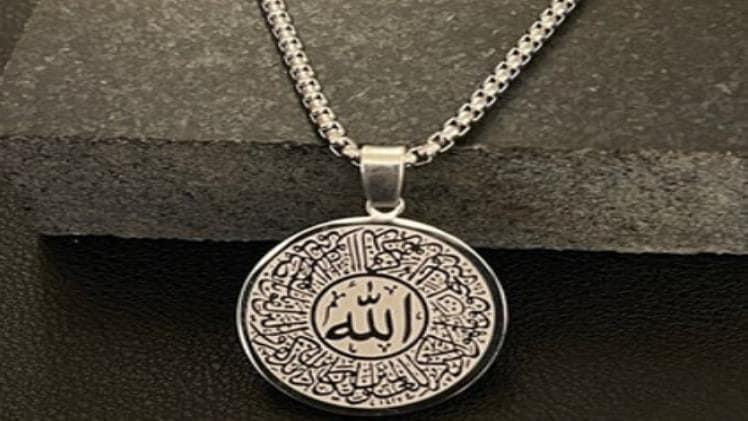As a Muslim, you might be familiar with the concept of taweez. This is an amulet or talisman that is often used for protection or good luck. While there are many different types of taweez, they all share a few common features.Taweez are usually made out of parchment paper or cloth and contain verses from the Quran or prayers. They are often decorated with symbols and sigils, and some people believe that they have mystical properties.
In this post, we’ll take a closer look at Islamic taweez and the people of Maghreb who use them.
An Islamic taweez is a talisman or charm that’s used for protection or healing. They’re often made of paper, cloth, or metal, and they’re inscribed with verses from the Quran or prayers.Taweez are believed to have spiritual powers, and they’re often used to ward off evil spirits or cure illnesses. In the Maghreb region of North Africa, taweez are often used to protect against the evil eye.
The history of the taweez in Maghreb is a long one. It’s been used for centuries by the people of this region to ward off evil spirits and bring good luck. Many people believe that the taweez can help them achieve their goals in life, and that’s why they turn to them for help. If you’re ever in Maghreb, be sure to check out some of the amazing taweez that are on sale there!
You might be wondering how Islamic taweez are used in Maghreb—well, let me tell you. First of all, these charms are typically worn around the neck or wrist, and they’re often made from materials like gold, silver, or copper.
People in Maghreb believe that taweez can protect them from harm and bring them good luck. They also think that taweez can help them achieve their goals in life, and so they wear them as a kind of good luck charm.
Taweez are seen as a way to protect oneself from harm, both physically and spiritually. They’re also thought to bring good luck and ward off evil spirits. In addition, many people believe that taweez can help with healing and strengthening relationships.
If you’re thinking about using a taweez, it’s important to make sure you choose one that’s been specifically tailored for you. And remember, always consult with a qualified practitioner before making any decisions about your health and wellbeing.
Some people are hesitant to use Islamic taweez because they’re worried about the potential dangers associated with it. But the truth is, with the right amulet and proper guidance, there’s no reason to be concerned.
The amulets that we create at our studio are specifically designed to help you achieve your goals and overcome your challenges. And we only use ingredients that are known to be safe and effective. So you can rest assured that you’re in good hands.
But as with anything, it’s always important to do your research and consult with a qualified professional before making any decisions.
If you’re interested in trying out a taweez, there are a few things you should keep in mind. First, it’s important to find a qualified practitioner who can help you choose the right taweez and make sure it’s effective.
Second, don’t be afraid to ask questions. A good practitioner will be happy to answer all of your questions and explain how the taweez works. And finally, be patient. Taweez don’t always work overnight, so you may have to give it a little time to see results.
Islamic taweez are small pieces of cloth or paper that have been inscribed with verses from the Quran and/or the names of Allah and Muhammad. Muslims in Maghreb have been using taweez for centuries for a variety of reasons, including to protect themselves from harm, to achieve success in business or personal endeavors, and to remedy spiritual and physical ailments.
Though the use of taweez is not mentioned specifically in the Quran, it is considered an effective tool for achieving Allah’s will. There are many different types of taweez, and each one is believed to provide different benefits. Some taweez are specific to certain regions or countries, while others are more general in nature.
Though there is some controversy surrounding the use of taweez, many Muslims believe that they are a powerful tool when used correctly and under the guidance of a qualified Islamic cleric.

